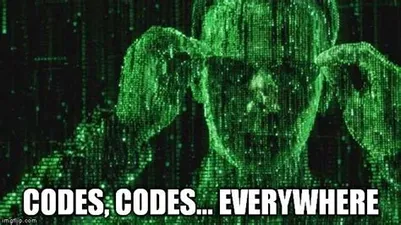
In today's digital age, smart contracts have become an increasingly popular topic in the world of blockchain technology. But what exactly are they and how do they work? In this blog post, we'll be diving into the basics of smart contracts, explaining what they are and how they can be used.
What are Smart Contracts?
A smart contract is a computer program that automatically executes the terms of a contract when certain conditions are met. They are often used in blockchain technology to facilitate, verify, and enforce the negotiation or performance of a contract. Essentially, they are a digital version of a traditional contract that can be programmed to automatically execute when certain conditions are met.
How do Smart Contracts Work?
A smart contract is made up of a set of rules and conditions that are encoded into the contract. These rules and conditions are programmed into the contract, and when they are met, the contract automatically executes.
For example, a smart contract could be used to automatically transfer funds from one person to another when a certain condition is met, such as the delivery of a product.
Uses of Smart Contracts
Smart contracts have a wide range of potential uses. Some of the most popular include:
Supply Chain Management: Smart contracts can be used to automatically track the movement of goods and ensure that all parties involved in a supply chain are meeting their obligations.
Real Estate: Smart contracts can be used to automate the process of buying and selling property, including the transfer of ownership and payment of funds.
Healthcare: Smart contracts can be used to securely store and share medical records, as well as automate the process of insurance claims.
Benefits of Smart Contracts
Smart contracts offer a number of benefits, including:
Efficiency: Smart contracts automate the process of executing a contract, eliminating the need for intermediaries such as lawyers or notaries. This can save time and money, as well as reduce the risk of errors or disputes.
Cost savings: Smart contracts can also reduce the costs associated with traditional contract execution. For example, by automating the process of paying out insurance claims, companies can save money on administrative costs.
Increased trust and transparency: Smart contracts use blockchain technology, which means that the terms of the contract are recorded on a tamper-proof ledger. This increased transparency and immutability helps to build trust between parties.
Automation: Smart contracts can automate many different types of processes and transactions, from buying and selling property to managing supply chain logistics.
Flexibility: Smart contracts can be programmed to handle a wide variety of conditions and outcomes, allowing for a high level of flexibility in how they are used.
However, it's important to note that while smart contracts have many potential benefits, they are not without their challenges. For example, smart contract code must be carefully written and tested to ensure that it is free of errors, and there are currently few regulations in place to govern their use.
Overall, smart contracts are an exciting and rapidly developing area of blockchain technology that has the potential to revolutionize the way we conduct business and exchange value.
For more information, visit us HERE
